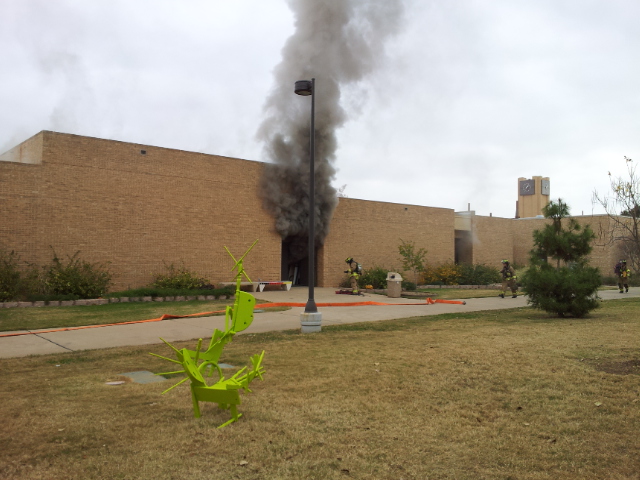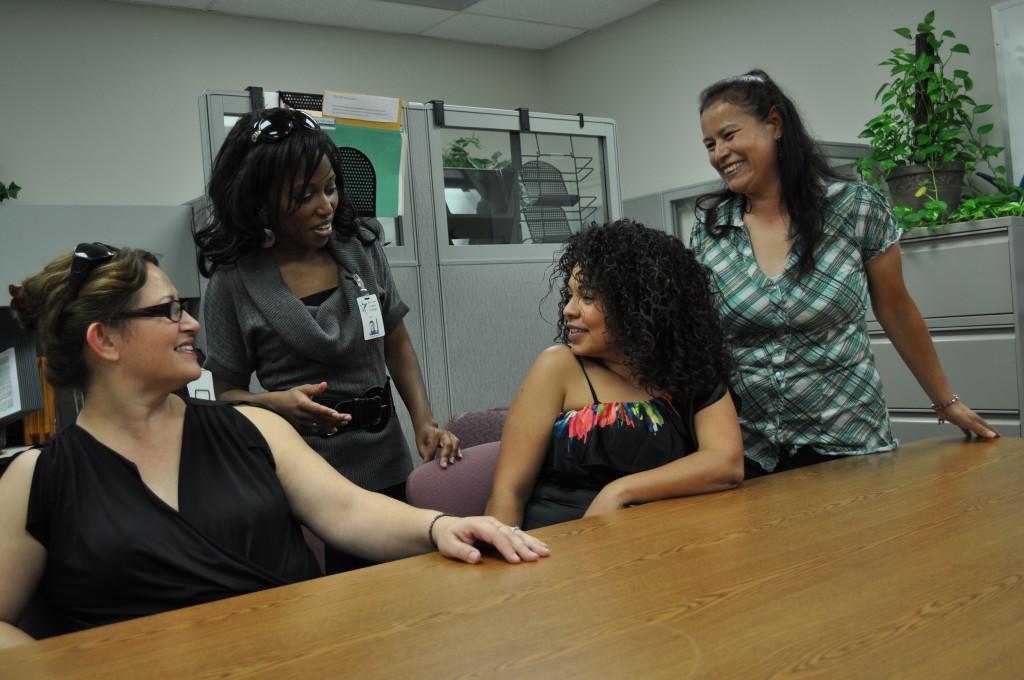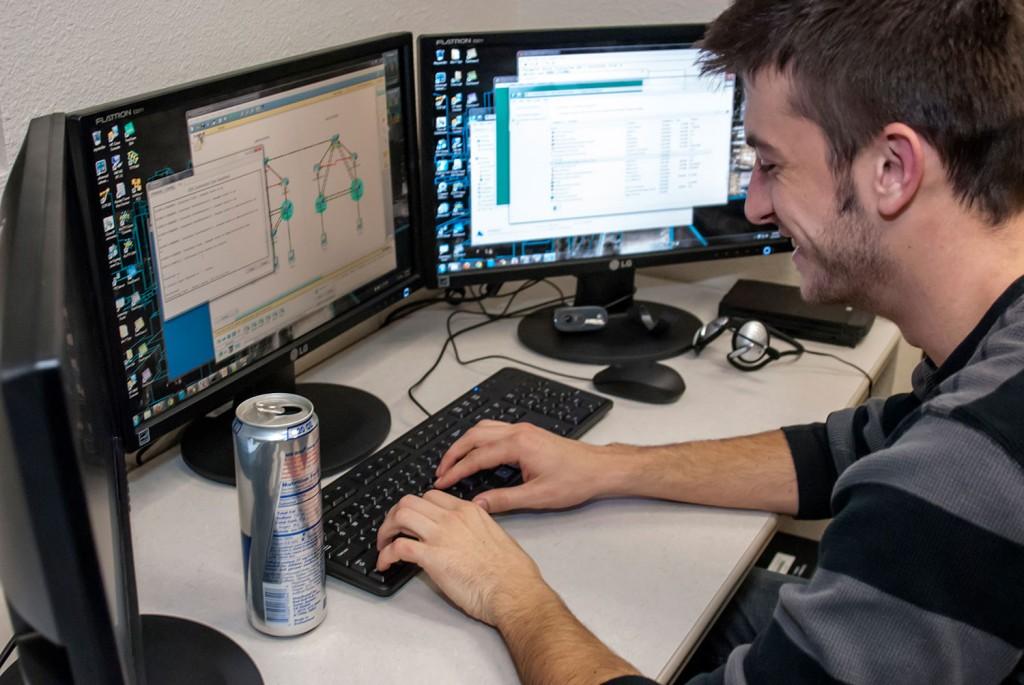By Jasmine Fagan/reporter

The Internet and social media websites are so integrated in everyday life the balance of school work and social media activity is often blurred.
South Campus student Zayda Montemayor, 20, admits to facing those issues.
“Often, I am in class completely focused on a Twitter trending topic or a Facebook argument that I am completely unaware of what is going on in class,” she said
And she doesn’t think she can learn to juggle social media use and her school work.
“Honestly, I have tried and failed,” she said. “I have tried to tell myself that I will not get online, but curiosity always gets the best of me. I have left my laptop and cellphone at home or in the car, but I am literally sitting in class preoccupied by what I may be missing on Facebook or Twitter.”
Montemayor admitted her addiction and has trouble balancing her priorities.
“I could be in the middle of homework, and it’s, like, I have to check my news feeds,” she said.
The demand of social media websites can distract many students. Effects can include not doing homework assignments, keeping someone from studying and failing assignments.
But some students, like South student Jessica Ridley, 19, have trained themselves to balance the real world and the virtual world.
“I had to learn to fight the urges and realize that me passing English is far more important than pinning pictures on Pinterest,” she said.
Ridley outlined her steps to recovery: deactivating or deleting her accounts; associating with people who want to eliminate the usage of social media as well; prioritizing, prioritizing, prioritizing; and only logging on whenever she finished homework, was off from work or was done studying.
“My Facebook was deactivated for a month because I had fallen so behind in my coursework,” she said. “Whenever I felt the need to log back in, I would think about how well my grades are and ask myself, ‘Do I really want to start failing English again?’ And, the answer was always the same — no!”
It takes a certain level of maturity to ignore her Facebook friends and put all of her focus into the real world, Ridley said.
Montemayor said she recently was written up at her job because she was caught using her cellphone on numerous occasions.
“My manager doesn’t understand,” she said, laughing. “I feel that if I am doing my job, then it should not matter if I text or tweet.”
She currently works as a service cashier at a local dealership but doesn’t think her customer service is impacted by her constant media use.
“I have texted while a customer was at my counter sometimes,“ she said. “I will put my phone down whenever I am at a store and the salesperson has their phone out. I do get irritated because I feel like I am what’s most important. So people probably get irritated with me, too. I don’t know.”
She then considered what she would do the next time she had the urge to text while at work.
“I will try really hard not to,” she said. “I just don’t want my friends to think I’m ignoring them. I know it sounds silly, but that really is difficult for me.”
That’s a problem many students encounter — the fear of disappointing their peers.
For student Shana Ray, 21, the balance between the real world and virtual world is easier.
“It is pretty simple,” she said. “Facebook does not care about my education, and they do not pay my tuition. Why would I put so much effort into updating a status? That does not make sense.”
Ray said she never got the hang of Twitter or saw the importance of telling everyone what song she listens to on the radio.
However, Ray does use Facebook to promote school activities because her message will reach a larger audience, and it is a great way to draw attention to events and activities, she said.
Ridley said she feels connected to her friends on social media sites.
“I would never talk to my friends if it was not for Facebook,” she said.




















